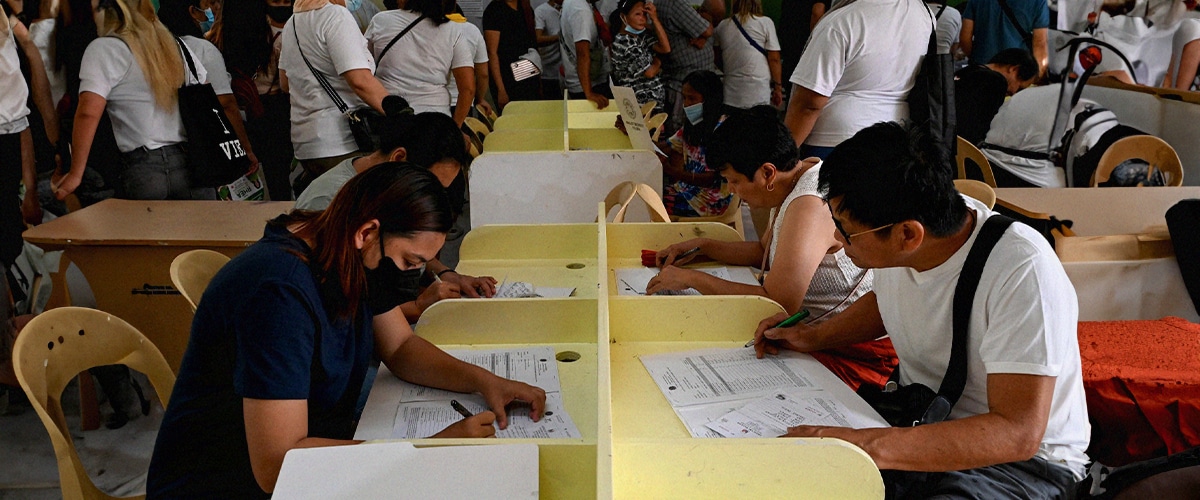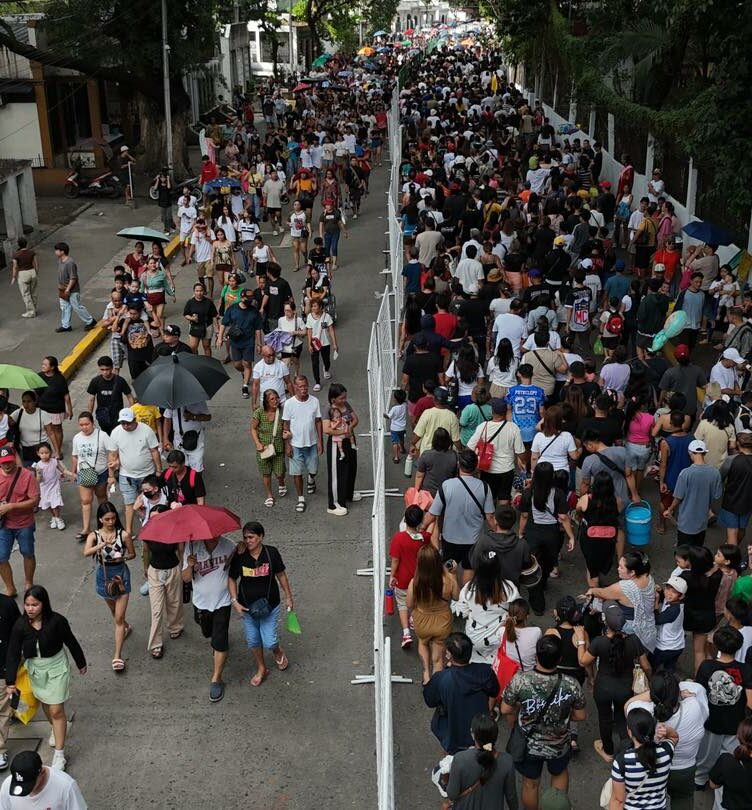IN A past article, republicasia discussed with Gen Zs the traits that they look for in the political candidates that they vote for.
Data from local news sources shows that over 56% of registered voters are made up of Millenials and Gen Zs, with 13 million voters being Gen Zs.
Of those interviewed, they stated that what mattered most were the advocacies and platforms of a politician, their background/track record, their knowledge of proper economic management, their principles, as well as their catering to minority groups in the Philippines.
One cannot deny, however, that there are certain traits commonly looked at by Filipinos, whether it be consciously or unconsciously.
A study from the Cognizance Journal of Multidisciplinary Studies, for example, finds that Philippine presidential elections are often heavily affected by political popularity, populism, and financial interests, as well as some incidents of violence and electoral fraud.
Some examples often viewed by people as popularity politics are how, in the Philippines, so many of those in office are celebrities-turned-politicians include Former President Joseph Estrada, returning Senator Manny Pacquiao, Sen. Jinggoy Estrada, Sen. Lito Lapid, and Senator Robin Padilla.
The question to be asked now is if there has been a change in how Filipinos are voting for their candidates. Is it still just a popularity contest, wherein the most well-known name wins over all else?
Or are there other traits that Filipinos are now looking for, given the track record of these politicians thus far?
To answer these questions, republicasia interviewed Danilo Araña Arao, an associate professor at the Department of Journalism at the University of the Philippines (UP) Diliman, an editor of the journal “Media Asia”, a columnist for print and online publication “Pinoy Weekly”, and the associate editor of the online news magazine “Bulatlat Multimedia”, among many other achievements.
From 1993 to 1995, he also taught Political Science part-time at the De La Salle University (DLSU)-Manila.
Does popularity still affect votes?
As per Arao, popularity matters in terms of name recall and brand/image recognition but it does not always translate to winning the elections. Other factors to take into account are a candidate’s political resources, machinery, as well as proximity to the rich and powerful.
He adds that while popularity may affect media coverage, it does not directly correlate to voter turnout.
In fact, he states that no candidate has won on popularity alone. In reality, winning an election is mainly due to money politics.
With this, he said: “What the voters look for and the choices they have written on the ballot are usually diametrically opposed. The same old trapo politics and money politics have remained through the years.”
Often, candidates become popular when they have a “celebrity status,” which can be achieved by being part of the entertainment industry. This includes actors, singers, dancers, hosts, as well as journalists, vloggers, influencers, and content creators.
He also notes another aspect of popularity, which is the adoption of “populist” policies, which are policies which focus on the common person in contrast with the perceived elite.
“Certain individuals can become popular by taking on causes that can endear themselves to the public, like fighting for the common tao,” he stated.
“If they are caught on camera physically going to [the] market to complain about high prices of basic commodities, this could boost their popularity.”
Popularity is also something which extends beyond certain demographics; in certain groups or locations, it can help local candidates and party-list groups as they target specific sectors.
Ways to improve one’s popularity
In the modern day and age, there are many avenues in which one can boost their popularity, regardless of whether or not they hold a celebrity status.
One way to do so, Arao notes, is campaigning early, as seen in the number of billboards and advertisements that politicians put up even before the campaign period starts.
Other ways are partaking in media interviews, which is no longer limited to just journalists; nowadays, even influencers and content creators are looking to interview those in the running, sometimes even surpassing what Arao refers to as “legacy media.”
And if they aren’t doing interviews, they may be throwing their hats in the ring, themselves.
When it comes to social media – or media in general – Arao notes that it is important to constantly be present. It is important, however, to use said presence in the right way.
As per Arao: “The supposed tools for truth-telling can be weaponized for propaganda and “fake news” peddling which can also boost popularity even if it translates to deceiving the public.”
For him, election campaigning should focus on the issues at hand and not just on one’s personality, with one’s political platforms and credentials being one’s focus when choosing a candidate worth voting for.
To those will be voting in the upcoming elections, remember to practice your due diligence, and to stay vigilant. Remember to focus on the things that matter, and do not allow yourself to be distracted by other matters.
Your vote is important, and ultimately, your vote is decided by you, and you alone. So choose wisely.
How useful was this post?
Click on a star to rate it!
Average rating 0 / 5. Vote count: 0
No votes so far! Be the first to rate this post.
We are sorry that this post was not useful for you!
Let us improve this post!
Tell us how we can improve this post?






